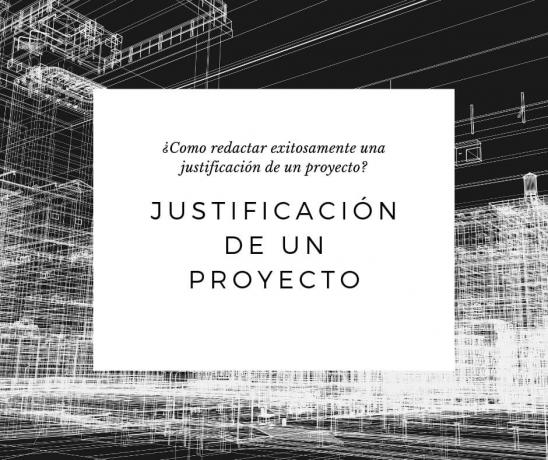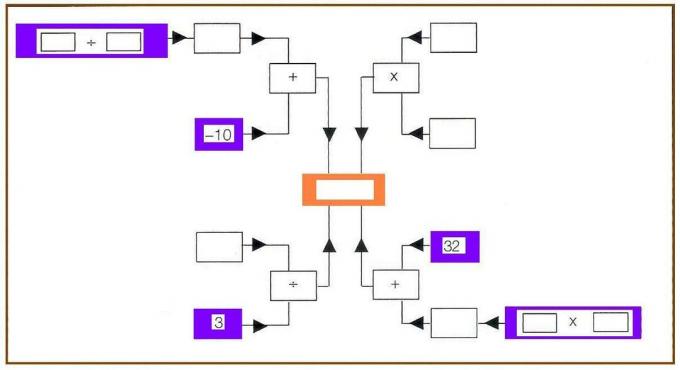Contractual options are a definitive part of any construction project, since the contract defines the rights and responsibilities of the different working groups. Determining the correct form of a contract can have an effect on the risks and costs associated with the project, in addition it can have a strong consequence on the efficiency in the execution of the work.
There are two ways to contract large projects, Engineering, Procurement and Construction (EPC) type contracts and Engineering, Procurement and Construction and Management (EPCM), but which one offers better results and what is the difference between them?
Advertisements
Various executives involved in large-scale projects estimate that the EPC and EPCM contracts They offer solid results, but the different leverages must be considered to determine what would be best for each specific project.
To be clear about the above, it is necessary to begin with the knowledge of basic information, concept and characteristics of each of them, where it is evident that the main
Advertisements
In this article you will find:
EPC Contract (Engineering, Procurement and Construction)

Engineering, acquisition and construction, the company designs the construction and installation, acquires the equipment and materials For this and the execution of the entire work is carried out, the client pays a previously agreed price for the entire draft. In this option, the EPC contractor is the one who has to watch over each and every one of the activities carried out in the project, from design to delivery to the end user.
Advertisements
Advantage:
- The client dedicates his time, effort and resources to the areas he manages, leaving the development of the project to the contractor.
- The investment amounts are known from the beginning, minimizing the risk of their increase.
- Time is managed correctly, thanks to the fact that deadlines are set from the beginning of the project.
- The contractor company has total control over the project, which facilitates proper coordination and better communication between work teams.
Disadvantages:
- All responsibility remains on the company and if communication is not carried out properly, disagreements, conflicts and serious errors can occur.
EPCM contract (Engineering, Procurement and Construction Management)

Engineering, procurement, construction and management consists of a professional services contract, the contractor company offers services to provide detailed engineering and procurement of materials. In addition to the construction administration and coordination to deliver the finished project. In other words, they are not in charge of the project, they are only in charge of engineering and procurement management. Including contractual relationships between the client and third parties (suppliers and construction companies). To establish this type of contract, the client must have a project management team at their disposal.
Advertisements
Advantage:
- The company can focus on engineering.
- The responsibility and possible contingencies fall on the client.
- Greater control of contract expenses:
- EPC contracts tend to consider a high degree
- contingent elements, which tends to
- make the project more expensive.
- It allows the client as the owner of the project to maintain control of the design, construction and possible changes.
- Allows more flexibility during procurement.
Disadvantages:
- The client does not have the knowledge or criteria to properly select the equipment, tending to pay more attention to the cost factor and not to the skills.
- Communication and coordination between the different teams, due to their independence, becomes complex.
- There is a high risk of choosing inappropriate equipment, due to the ignorance of the contracted companies.
7 key differences between EPC and EPCM contracts
Difference 1
- EPC Contract: There is a single guarantee between the owner and the contractor, usually in the form of proof of guarantee of the correct execution and obtaining of agreed results. The contractor also manages the guarantees with subcontractors and suppliers.
- EPCM Contract: Multiple proofs of performance guarantee are presented, managed directly by the owner with each contractor and supplier.
Difference 2
- EPC Contract: Generally requires a substantial upfront payment from the owner to the contractor, requiring financing to be established at the start of the project.
- EPCM Contract: The payment and financing of the project is carried out through a combination of advances and letters of credit from the owner to the different suppliers.
Difference 3
- EPC Contract: All responsibility for the performance and guarantee of the execution rests with the contractor, he is responsible for the risks included in the contract documentation, for example, performance, cost, quality and other specific process requirements.
- EPCM Contract: The risk is transferred to each contractor through terms, conditions and financial ties, although sometimes claims are channeled to who influenced performance. It can happen in this case that the shared risk becomes confusing.
Difference 4
- EPC Contract: The cost risk presented by the project is assumed by the contractor.
- EPCM Contract: The cost risk presented by the project is assumed by the owner.
Difference 5
- EPC Contract: With the single contractor, a uniform set of tools is easily applied to measure and record the performance, Coordination tools and progress reporting on elements such as program, materials, costs, labor, etc.
- EPCM Contract: The tools to measure and record performance vary and often present a problem in the cost of these tools in a consistent report to the Owner.
Difference 6
- EPC Contract: Job packages delivered to a single contractor are easily tailored and driven by scope and discipline. It allows the team to plan the work supported in the most efficient sequence.
- EPCM contract: Work packages should be divided into groups, based on scope and capacity, this does not always reflect an optimal process and sometimes develops a rigid work process of work subdivided.
Difference 7
- EPC Contract: Information, advancement, and experience flow quickly to team members. Problems are resolved quickly and results are available with the interface between the functions.
- EPCM contract: They link communication with a formal protocol, where problems, changes and reports are kept in writing, which generates a high record of events, but the response to eventualities is slow.


